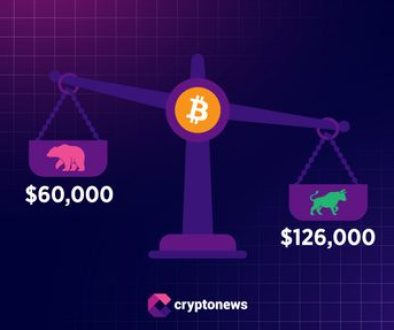Turkish Inflation Upswing to Test Resolve of New Central Banker
(Bloomberg)-05/02/2024
Turkish inflation probably converged on a forecast laid out by the central bank, ending the year with an upswing that keeps it on track to accelerate past 70% by May as new risks emerge.
With costs on the rise in the services industry, data due Wednesday will show annual price growth quickened to almost 65% in December from 62% the previous month, according to the median forecast in a Bloomberg poll of economists.
Such a reading would match estimates from the central bank and the government, a rarity in a country where official forecasts have often proven to be overly optimistic. The government’s decision to raise the official minimum wage by nearly 50% risks faster price increases than implied by the central bank’s expected inflation path.
The monetary authority’s latest outlook doesn’t project a slowdown until the second half of this year and expects inflation to end 2024 at 36% — still more than seven times the official target. Governor Hafize Gaye Erkan will present fresh estimates in February.
Prices are on a trajectory that the central bank has said still warrants further monetary tightening after seven consecutive hikes raised interest rates by 34 percentage points since June. Inflation is ending the second straight year above 60% for the first time since the late 1990s.
What Bloomberg Economics Says…
“Even faster price gains are in store in the short term. The annual rate is set to surge past 70% in 2Q24, as a partial natural gas discount scheme is expected to end. We see inflation reaching 73% in May. The deceleration process that starts in June will be long-drawn.”
Under Erkan, appointed in June, the central bank has looked to repair credibility with financial markets in part by issuing more realistic forecasts for inflation. It’s a change from the upbeat assessments usually offered by her immediate predecessor, whose policy decisions took little account of inflation.
Signs have emerged of cooling momentum for prices. A monthly gauge preferred by Finance Minister Mehmet Simsek will probably show that inflation was 3% in December from November, according to a separate survey of economists, which would mark one of the slowest gains this year.
Core inflation — which strips out volatile food and energy costs — likely stayed at just under 70% in December from a year earlier.
Official costs remain deeply negative when adjusted for current inflation. Still, most economists predict the central bank’s cycle of rate hikes will end when the benchmark rises to 45% later this year, from 42.5%.
The government’s decision last month to raise the minimum wage by 49% this year could again push prices higher, however, with some Wall Street banks warning it requires tighter monetary policy in response.
Read more: Turkey’s 49% Minimum Wage Hike Balances Between Unions, Markets
The pay hike prompted Ibrahim Aksoy, the chief economist of HSBC Asset Management Turkey, to keep his year-end inflation forecast at 45%, nearly 10 percentage points above the central bank’s view for 2024.
“The raise is more than our estimate and points to an upward risk,” Aksoy said.




